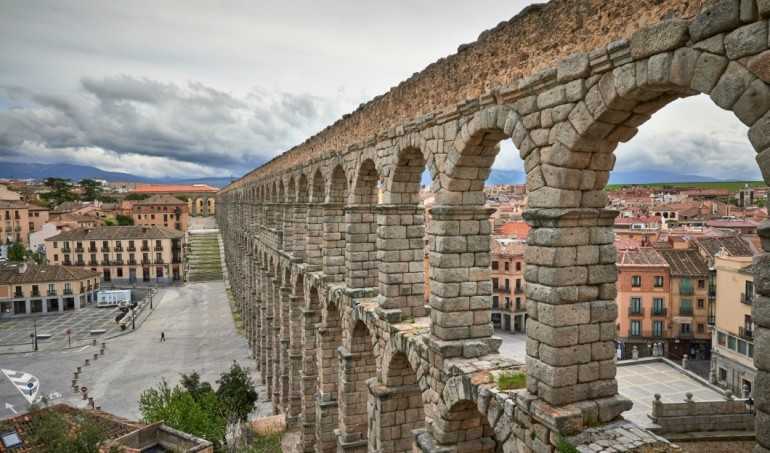Sponsored Listings:
Tourism has been one of the most affected industries by the coronavirus crisis. An industry that in Spain accounts for 15% of the GDP has been brought to a halt, putting at risk thousands of jobs and hundreds of businesses. Returning to normal after this economic standstill is one of the greatest challenges that tourism has had to face in recent years. Part of the tourism recovery, however, is to be COVID-free.
The effects of the pandemic already report never before seen figures. The Alliance for Excellency in Tourism (EXCELTUR) has once again revised its forecasts after the latest extension of the state of alarm, setting the impact of the pandemic on the tourism industry to 124,150 million euros in 2020, which would mean an 81.4% fall over the previous year, with Catalonia being the most affected region in Spain.

The restrictions and limitations enforced on mobility and transport and the self-isolation measures have stopped the economic engines in Spain, which could lead to a 5.3% economic contraction according to the consulting firm Simon-Kucher & Partners. The setback in employment can be seen in the 125,000 to 150,000 temporary work contracts (or ERTEs) in the tourism industry, most in the hospitality sector, according to estimates by the Workers’ Commissions.
Safety Protocols as a First Step
The tourism recovery, according to experts, will involve the participation of public and private sectors, health campaigns to regain the trust of consumers, and national tourism promotion.
However, one of the main challenges that the industry is facing is how large the spread has been, since China, Europe and the United States, the main markets of Spain’s tourism, are the most affected by the pandemic. Furthermore, the growing uncertainty and the stages of economic reactivation make it harder to foresee a return to normalcy. Even so, the industry is aware that it cannot sit idly by until a vaccine for the virus is found.
For Gabriel Escarrer, Vice President and CEO of Meliá Hotels, the first step should be working on regaining Spain’s status as a safe destination that is COVID-free. To do this, he suggests running massive COVID-19 tests and the implementation of protocols in coordination with the public sector. “Entrepreneurs have to guarantee that the establishments are safe, but the protocols must start mainly from the public initiative.”

The Necessary International Coordination
Coordination will be essential for a successful recovery. Gloria Guevara, President of the World Travel and Tourism Council (WTTC), says that tourism cannot afford that protocols are carried out in isolation and come only from the public sphere. “You have to get the administration involved so that they collaborate to implement them globally, but they must be established from within. It is also essential to ensure coordination between the leading countries and refrain from independent practices because these will complicate the tourism recovery process.”
Additionally, Guevara believes that a return to normal will take place in stages, starting with domestic and family leisure trips, then tourism within Europe, and ending with travels abroad. “The impact will be asymmetric and the recovery will depend on the reaction and response of governments to the industry. Europe must coordinate to move forward. If everyone plays their part, the effect of the crisis will be lessened.”
Turning to Domestic Tourism
Looking ahead, the industry hopes to make domestic tourism the foundation for recovery amidst worldwide travel restrictions, but the purchasing power of the citizens after months of self-isolation is a matter of concern. The experts forecast that summer will be marked by ‘staycation’ (also known as ‘holistay’), a term coined in the industry to define a period in which individuals stay home and participate in activities within driving distance, skipping overnight accommodations.
In terms of traveling, Gabriel Escarrer says that the hospitality industry will benefit from vacation rentals, as the consumer will prioritize businesses that have been responsible and committed during the crisis. “Rentals generate less consumer trust and will have less capacity to comply with protocols and certifications. We have an opportunity to add value to the hospitality industry in front of vacation rentals”.
Despite everything, experts agree that the current situation has opened up a range of possibilities to reinvent many aspects of the industry. “This crisis may represent a certain ethical shock to promote highly productive diversification; add value to sectors such as primary, rural or health; and strengthen solidarity between territories,” says Mr. Escarrer.
The current context draws a future marked by increasing costs to adapt to new safety protocols and growing bureaucracy, but the industry relies on talent as the engine of recovery.
Source: tourism-review.com










